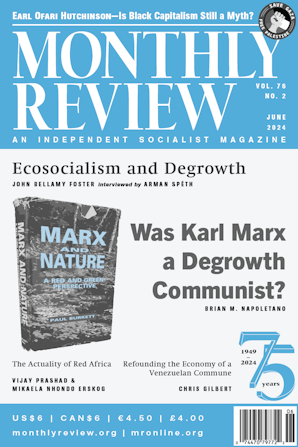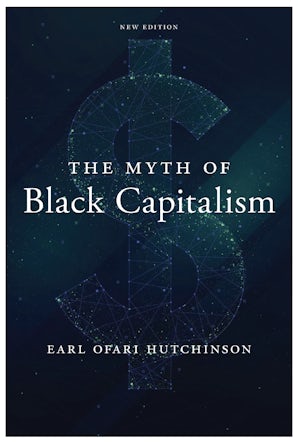Also in this issue
Books by Earl Ofari Hutchinson
The Myth of Black Capitalism
by Earl Ofari Hutchinson


